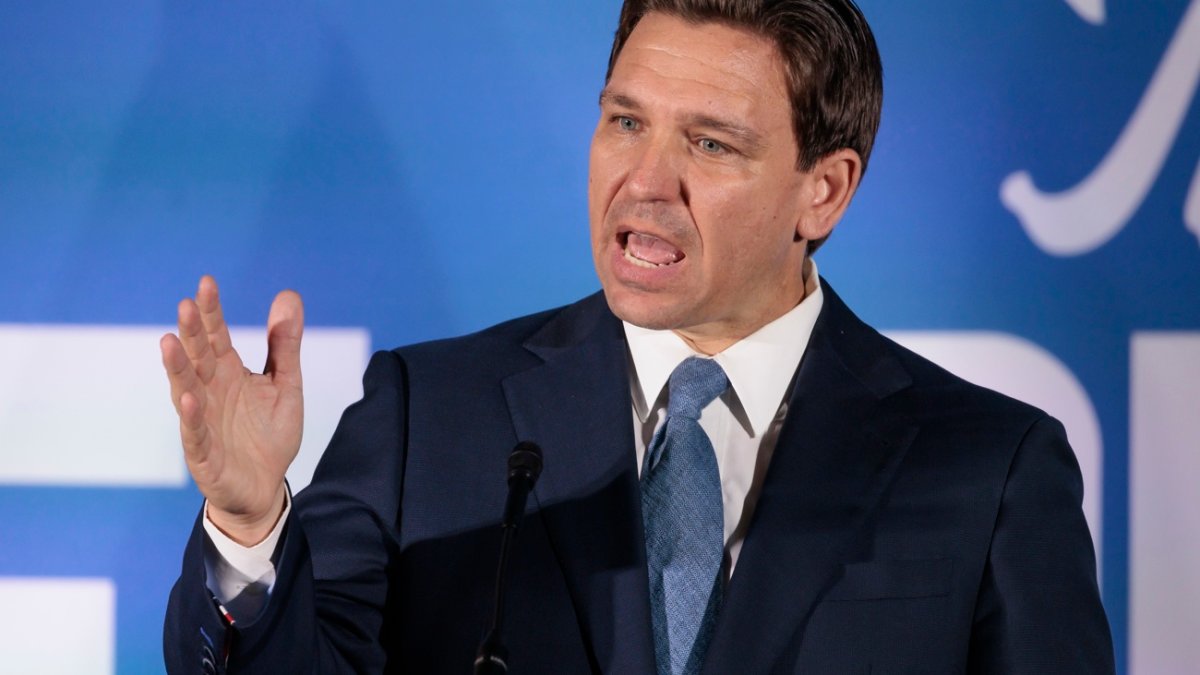MIAMI.- Florida Governor Ron DeSantis on Monday signed three bills related to a criminal justice package, including one that allows the death penalty for child rape convictions and another that seeks to increase sentences for the sale of fentanyl.
DeSantis signed the bills in a ceremony at a police museum in a town outside Orlando.
The governor, who is expected to announce his bid for president in the coming weeks, has leaned toward an aggressive conservative agenda on crime and other issues ahead of his long-awaited run as he seeks to build support within of the Republican base.
The signings came after DeSantis returned from an overseas trade mission.
The death penalty bill DeSantis signed aims to get the conservative-controlled U.S. Supreme Court to reconsider a 2008 ruling that ruled the use of capital punishment in sexual assault cases unconstitutional of children.
Florida is among a handful of states with laws that allow capital punishment for child rape convictions, but did not use the penalty given the High Court’s ruling. The Florida Supreme Court has also ruled against the use of capital punishment in sexual assault convictions.
The legislation, which would take effect Oct. 1, would authorize the state to apply the death penalty when an adult is convicted of sexually assaulting a child under 12 and provides a framework in the Capital Act. state for prosecutors to do it. It passed the Florida Legislature with bipartisan support.
DeSantis said he believes the Supreme Court’s decision was wrong, adding that “this law establishes a procedure to be able to challenge that precedent and be able to say that in Florida, we believe the worst of the worst crimes deserves the worst of worst punishments.” .
The governor signed legislation April 20 that eliminates the requirement for a unanimous jury verdict to sentence a person to death.
Once this law comes into effect, a Florida judge will be able to impose the death penalty on a convict if 8 of the 12 jurors recommend it, which amounts to returning to the situation before 2017, when unanimity began to be required. at the request of the Supreme Court of the United States.
The other two bills signed by the governor on Monday relate to increased penalties or penalties for offenses related to the sale of fentanyl, and bails that must be enforced in state courts.

